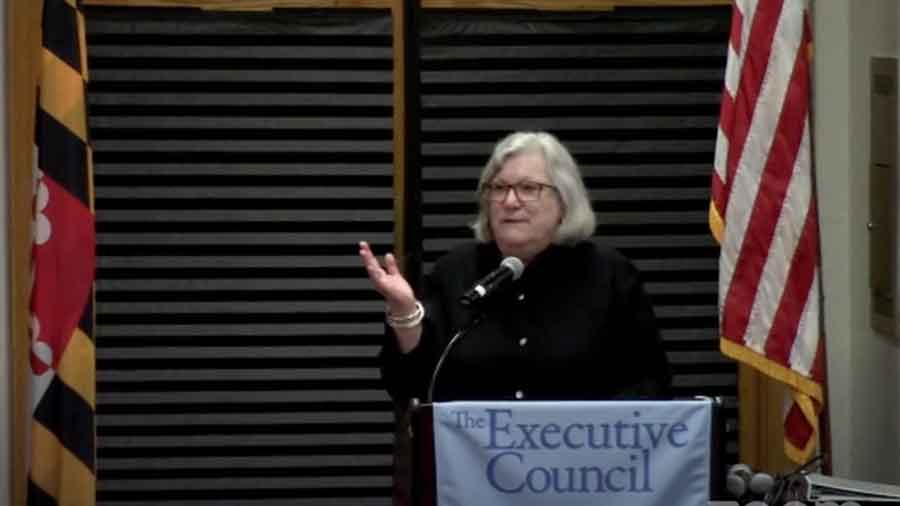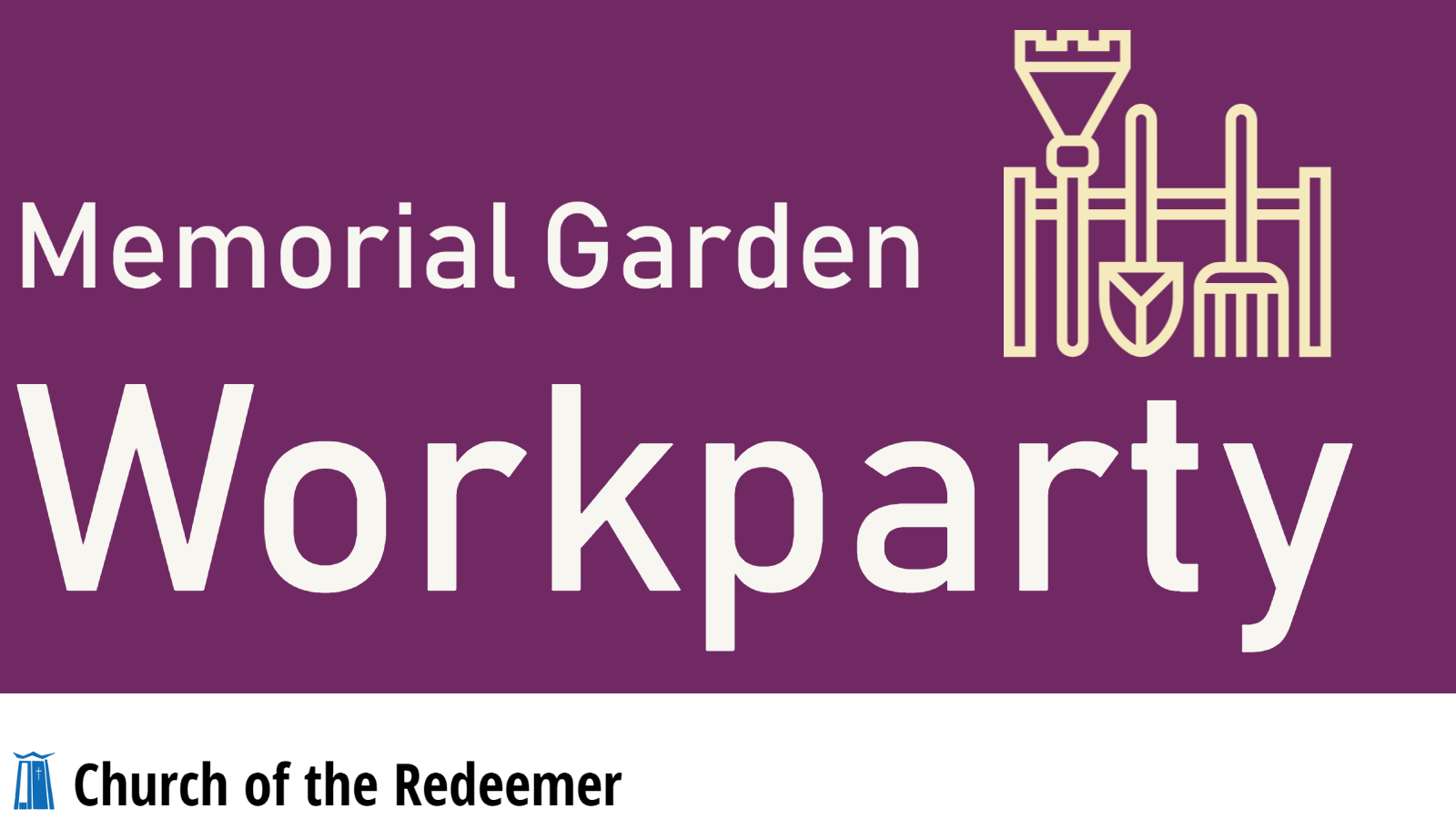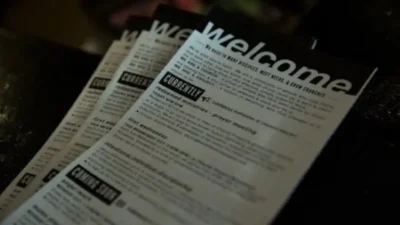The following are the opening remarks of the Presiding Bishop of the Episcopal Church Michael Curry and the President of the House of Deputies Gay Clark Jennings at the Executive Council of The Episcopal Church. They are meeting virtually from October 25, 2021, through October 28.
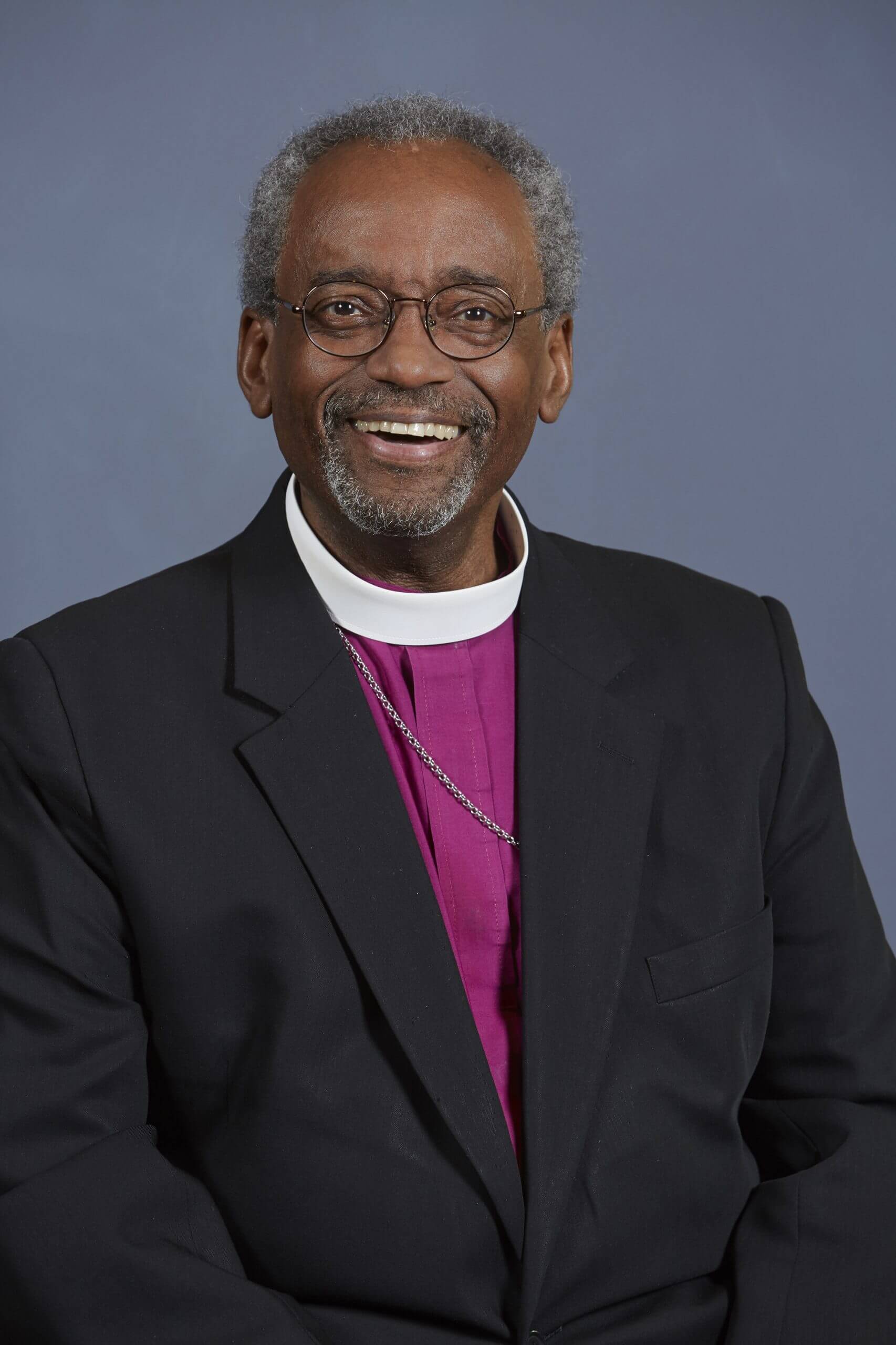
Presiding Bishop Michael Curry’s opening remarks
The following is a transcript of the opening remarks of Presiding Bishop Michael Curry. These remarks have been lightly edited for clarity.
It’s just good to be back. Even in what Mark Goodman earlier reminded us, these are in-between times. This is in-between. Which for Christians whose Lord promised, “I’ll be back,” probably is not a surprise, but it is a surprise.
Just to give context to some opening remarks, I thought I would refer back to a passage in the first chapter of the Acts of the Apostles. This is after the crucifixion and the resurrection, and moments before Jesus ascends or returned to the fullness of the Godhead before the Ascension. And Jesus is speaking to people who are going to have to live in in-between times, and who aren’t anxious for the in-between times to enter. And for us to know when it ends and something new begins.
And so this may well be a text for our time, for this moment when not only our meetings are hybrid, but life is hybrid. So when they had come together, they asked Jesus, “Lord, is this the time when you will restore the kingdom to Israel?” He replied, “It is not for you to know the times or the seasons that the Father has fixed by His own authority, but this you will know. You will receive power when the Holy Spirit has come upon you, and you will be my witnesses in Jerusalem, in Judea, in Samaria, to the ends of the earth.”
It is not for you to know all the ins and outs of life. That’s just the way it is. Some things you can know, and some things you don’t. Like my grandma used to sing, we’ll understand it better by and by. But this much you can count on. You will receive power when the Holy Spirit has come upon you, and you will be my witnesses in Jerusalem and Judea, in Samaria, in first-century Palestine, and in the 21st century world of a global pandemic. Of a world struggling with itself profoundly, and maybe of a world where something is trying to be born. Who knows, but you’ll be my witnesses. And maybe that’s enough.
I want to suggest that Jesus has given us some wisdom to be his witnesses, to witness to his way of life, his way of love. To witness to a way of, to borrow from Mally [Lloyd] again, this morning, I’m telling you, Ted Lasso is my hero. I love this dude. But to witness the things like kindness and forgiveness and giving and loving, that they matter. And that in the end, those are the things that do matter. You will be my witnesses. Whatever mistakes you make, church, whatever ways you err, however you fumble the ball, you will be my witnesses, and that’s enough.
You are not God, you’re witnesses. You are not perfect, you’re witnesses. You don’t have all the answers, you’re witnesses. You will be my witnesses. Since our last meeting, things that none of us could have foreseen have happened. Our last two meetings before the pandemic may well have been prophetic, proleptic, anticipatory. In October of 2019, we went to Montgomery, Alabama, the [Equal Justice Initiative].
And we were blessed and privileged to spend time with Bryan Stevenson there. And blessed in great agony and pain to face into lynching in this country, to face into part of our history, in spite of what the critics of critical racial theory would have you believe. To dare to look into our history. And I say our history, we’re all in it. I’m a descendant of slaves. Some are descendants of slave owners, but be that as it may, we’re all in this now. It’s our history. To face into that history, to learn from it, and hopefully to learn and then turn and work to build a new future. We did that. We started that. The group in this council who worked on that envisioned that as a continuing work of anti-racism, continuing work of truth-telling, continuing work to lead us eventually to the healing that leads the beloved community.
And then in February, just a few weeks before we discovered we were in pandemic, we met in Salt Lake City, and there we heard a similar story. There it was Native Americans, Indigenous peoples, the First Nations of this land, forcibly removed, and in many cases slaughtered in a genocidal massacre against humanity. Again, trails of tears and weeping and moaning. And again, this is part of our history. And I say our history. Whether any of us were there or not, it is part of our history, and we faced it.
And then a virus became known to us. And then suddenly there was suffering throughout the land, not just this land, around the globe. People got sick. Hospitals were overrun, healthcare folk and first responders and the folk who packed the groceries in our stores were overwhelmed. And people died alone and people were alone. And much of the world lived through a horrible pandemic of a virus, and it was a nightmare lived out. That still continues. These are in-between times. We need a witness.
But as if the biologic wasn’t enough, the sociologic, the spiritual, may well have been equally as bad, if not worse. Demons of our past came out to haunt us again, and they were legion. In the face of George Floyd, Breonna Taylor—Ahmaud Arbery had been right before the pandemic—in their faces and in their lives, and you can go back to the Trayvon Martins and the Eric Garners, you can go back in time—all of a sudden those charged to protect and serve, many of them no longer protected or served—many, not all, please hear me. Many of them in a culture of violence and hatred, literally killed people before our eyes. This happened here.
These are in-between times. We need a witness. And I could go on. I don’t mean to depress you. I just say January the 6th, I don’t need to say any more. I don’t mean to depress you. I could say something about the discovery, no, the recognition of Indigenous children who were taken from their homes forcefully over 100 years ago to boarding schools. Whatever the intentions, the reality was a kind of cultural genocide that was a perpetuation of the physical genocide that had been going on before. And some of the children died at those boarding schools and were buried.
And some of us thought those Indigenous boarding schools were only in Canada. North America is North America, and the bodies are on this land as well. And we began to realize that a society of democratic values forgot human decency and kindness. This is part of our history, and I underscore our. I was rereading some writings of King back in June, and realized that one of his greatest moments of despair was the realization that the church that he loved as a Christian and as a pastor was often silently complicit. And in some cases, loudly and explicitly participant in ways of white supremacy, in ways of domination and putting down any human child of God, and daring sometimes to do it in the name of God. That was his greatest despair.
And those who follow Jesus had forgotten who Jesus was and is, and what the Gospel is. But let me not leave you in despair. The good news is only good news when you face the bad news. Our Lutheran friends teach us, you’ve got to deal with law before you get to Gospel. And there’s some good news. That in the midst of this—while we are not perfect in this church—in the midst of this I have seen this church do what I never thought it would do or could do. Not everybody, I understand that, but I’ve seen goodness rise up, in spite of the fact that we were a little confused by what was going on around us.
I’ve seen people try to figure out how do we care for each other when we can’t touch each other. I’ve seen people reach out and call their neighbor. At one point, I said, look, if you’re high tech, text. If you’re low tech, email. If you’re no tech, just pick up the phone and call, but stay in contact with each other. And the people in this church did that. I mean, they really have done that. I’ve seen it. All is not gloom and doom.
But I’ve seen it in this church.
Let me tell you something. I’m going to get in trouble, what I’m about to say, but I’m going to say it anyway. I was on TREC [Task Force for Reimagining the Episcopal Church], which recommended massive changes, which may or may not happen, but maybe it just wasn’t the right time. Things have to happen in their own time and season.
If we had had a commission, another kind of TREC that would have said to the church, Episcopal Church, you must move your worship from in the buildings that you love and put it online, I guarantee you the same thing that happened to the TREC report, would happen to that report. But I’m here to tell you that I saw this church rise up and figure out—not quite sure how to do it—we are going to worship God come what may, and The Episcopal Church got online and did it. It wasn’t always pretty, but God bless us, we did it, and kept doing it. And then realized, wait a minute, have we stumbled into people who might never darken the doors of our church? Have we actually reached somebody … Let no child of God be left behind when we go back into those churches. We figured out and we’re doing it. God bless this church. Something good, something’s emerging.
I’ve seen people in study groups around racism, that is Sacred Ground. I mean, massive numbers of Episcopalians studying. I’ve seen Episcopalians throughout this country joining with young people in the streets, calling on this nation to claim the high calling of justice, equality, dignity for every child of God.
The first trip that I took was last May to go to Virginia seminary for their commencement. And the reason I went was to address the graduating class and to say thank you to them, because that was the class and they were the seminarians who were there at St. John’s church, Lafayette Square. They had been there passing out water and things to support, to be a pastoral presence for the protestors. And they were there the night, the then-president of the United States did what he did. And I just wanted on your behalf, on behalf of this church, to say thank you.
And to say to them, don’t let the days that are ahead of you, the ministry that is before you, take out the zeal that you had that led you to Lafayette Square. Continue that ministry following in the footsteps of Jesus. Oh, my friends, something is trying to be born. I’m smart enough not to predict. I don’t know exactly what it is, but something is trying to be born.
I shared something with some friends, and then later I’ve shared it around the church. All it is—please hear me—it’s not an official statement. It’s not a papal bull, though somebody says it’s PB bull. It’s not a papal bull, it’s not an official statement, but please hear me when I say, it’s coming out of this experience of a nightmare and of something trying to be born. I just want to read part of it to you.
It’s more a dream, more a hope, maybe a prayer, maybe a poem still in the forming, for this church that has raised me, this church that taught me about Jesus and his way of love, that when others see us, they might see him. It says, come and see. Come and see. We are becoming—we’re not finished yet—but God help us we are becoming a new and re-formed church, Episcopal branch of the Jesus movement.
Individuals, small gatherings and communities and congregations, whose way of life is striving to be the way of Jesus and his way of love. No longer centered on empire, no longer centered on establishment, no longer fixated on preserving institutions, no longer shoring up white supremacy or anything that hurts or harms any child of God or God’s creation. By God’s grace we are becoming a church that looks and acts, and maybe better yet, that loves like Jesus. A church that is his witness to his love and not to ourselves.
When I was a new priest, actually I was still a deacon—I was the deacon in charge of St. Stephens in Winston-Salem. And this is 1978. I had never had an office before, and I was so excited to actually have an office and a typewriter. It was an IBM electric typewriter. Remember those? I was just so happy and proud of myself.
Anyway, so I was sitting in the church office, and there was a hallway with some classrooms. And then there was another section where we had a daycare center with 3- and 4-year-olds, basically, preschool. The children, generally as a rule, in order to either go to the bathroom or to go out to the playground, had to come by my office. It was that small. I’d see them every time they passed by.
So anyway, so I was sitting in the office—I hadn’t yet been introduced to the children; it was probably my first day, I suspect. And this little boy came by. He looked in the office, and I was sitting there. I said, “Hello.” And he said, “Hello.” And I was wondering, OK, where does the conversation go from here? He said, “Are you God?”
Well, I had just taken GOE, the General Ordination Exams, and had passed successfully, so I had an answer readily available. I said, “No, I’m not God, but I work for him.” Which I thought was not a bad answer. I thought it was pretty good. And he seemed satisfied. So he went on, went to the bathroom and went back with the other kids. Well, another child came down and looked at me and asked the same question. I said, did my little evangelist go back and share the good news?
I still didn’t make too much of it, until later the kids came out to go to the playground. And again, they had to walk past my office to get there. They came by the office and all these kids are going, “Hi, God. Good morning, God. Hello, God.” At that point, I really, you’ve never seen a Black person turn red, but I was red at that point, because I knew the teachers were thinking, what’s this guy been telling these kids? But then I started thinking about it, and the more I thought about it, I said, you know something? Well, maybe those kids ought to look at me and see the God that Jesus was teaching us about.
I don’t mean that they ought to see us and actually think we’re God. Maybe they ought to look at the way I live my life, and see the love of God so vividly manifested in me. That when they see me, they actually see God. Maybe the world ought to look at this church and actually see, when they see us, people who are willing to face hard truths, willing to do the hard work, and willing to hang in there come what may. And when they see us, they don’t glorify us, but glorify our Father who is in heaven. Maybe when they look for Jesus and look for Christianity, someone will look at this wonderful Episcopal church and look at us and say, “That’s what a Christian looks like.”
You won’t have all the answers. You won’t have it all figured out, but this much I know, you will receive power, and the Holy Ghost has come upon you, and we will be his witnesses in Jerusalem, in Judea, in Samaria, in the first century and in the 21st.
God love you.
And it sure is good to see you.
Amen.
—The Most Rev. Michael Curry
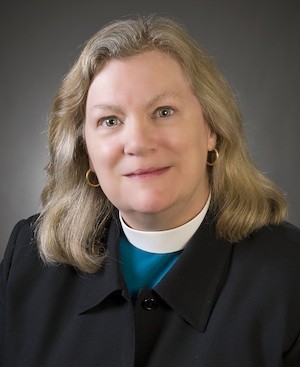
President of the House of Deputies Gay Clark Jennings opening remarks
The following are the opening remarks of President of the House of Deputies Gay Clark Jennings.
Good morning. It is wonderful to see you again. I pray that our time together this week will be energetic and productive and holy and safe. Please take good care while we are here and observe all of the risk mitigation measures that were outlined in our meeting materials. I know that we are all ready to be done with this pandemic, but unfortunately, it is not ready to be done with us.
In fact, in the last few days, I have been reflecting on the ways in which the effects of the pandemic will be with us for a long time to come, particularly through the troubling disparities that it has exacerbated. In the United States, the wealth gap before COVID was already enormous. Now it is much worse, after months in which white collar workers stayed home, kept their jobs, and collected their stock market gains, while front line workers—many of whom are people of color—lost wages and jobs and, in far too many cases, lost their lives. And women, especially women of color, suffered disproportionate job loss and caregiving burdens during COVID.
In short, if you started the pandemic with a lot of privilege, there’s a good chance that you have more of it now. And if you didn’t, things might well be worse for you and those you love than they were in March of 2020.
A couple of weeks ago, we learned that COVID hasn’t just widened disparities among individuals. It has also widened the gap that separates our congregations. Thanks to the good work of the House of Deputies State of the Church Committee, which crafted new narrative questions for the 2020 parochial report; and to Elena G. van Stee, a doctoral student at the University of Pennsylvania who analyzed the data; and to the General Convention Office, which coordinated the work, we now have extensive qualitative data about how our congregations have weathered the pandemic.
The report is called “The Church Is Not a Building: Observations and Insights from Narrative Responses to the 2020 Parochial Report.” You might not have heard about this new element of the parochial report results, and I commend it to you. I want to read a few sentences from it now in the hope that it will pique your interest and help guide our work this week:
- Considered as a whole, the narrative responses paint a portrait of a year characterized by loss and grief as well as innovation and growth. Churches experienced unprecedented challenges and opportunities that varied greatly across the denomination and cannot be reduced to a simple narrative of denominational growth or decline. On the one hand, the pandemic exacerbated and exposed fault lines of inequality, particularly with regards to human and financial resources. On the other hand, the circumstances of the pandemic inspired innovative new initiatives, fostered intra- and inter-personal growth, and provided new opportunities for the church to be the hands and feet of Christ in the world. Recognizing the truth in both narratives will be essential for understanding the complexity of the The Episcopal Church’s past, critically evaluating the present, and pursuing new ways of loving God and neighbor in the future.
I find this report especially helpful right now, as we are all struggling to make sense of what we have experienced in the last 19 months. If you are a person with privilege, or if you come from a congregation with privilege, you might be seeing the entire church through the lens of your pandemic experience. You might be thinking—the economy is strong, people have lots of disposable cash, the outlook for our congregation and diocese is good, and so that must be true of the entire Episcopal Church. You might not be seeing the congregations that closed during the pandemic, the lay leaders who are struggling to hold things together in congregations without clergy or paid staff, the dioceses whose revenue forecasts are grim. But at the same time, it might be hard for all of us to recognize the ways in which the pandemic did inspire new opportunities and foster growth and connection. And so I hope this report will help us understand better the needs of all of the people and all of the congregations we are here to serve.
As we try to understand where God is calling The Episcopal Church in this late pandemic world, I am especially grateful for the guidance of previous General Convention resolutions that can guide us through these difficult times. In particular, I want to highlight for you two issues—one on which the church is speaking now, and one on which I hope we will find our voice:
- In August, the Presiding Bishop and I became two of the lead signers on a faith leaders amicus brief submitted to the Supreme Court of the United States in the matter of the New York State Rifle & Pistol Association v. Bruen. This case, which is scheduled for oral arguments on November 3, will determine whether New York State’s law setting sensible restrictions on the concealed carry of firearms in public is constitutional. It could also have significant implications for a broad range of common-sense gun laws. We were proud to be joined by more than 20 participants in the Bishops United Against Gun Violence Network and many Episcopal clergy from across the church.The amicus brief cites General Convention resolutions from both 1976 and 2015 and urges the court to consider the burdens on religious institutions that would be imposed by the unrestricted ability to carry concealed weapons in public, including the heightened risk of gun violence in houses of worship. This is a critical issue for our congregations, but even more so for faith communities that are too often the target of hate crimes. I am proud that General Convention has put us on record in favor of sensible gun restrictions and that we are able to make a witness in this critical case.
- The second issue is one that many of you will have heard about in the last few days. According to news reports, the House of Bishops of the Anglican Church in Ghana has endorsed a draconian anti-LGBTQ law now awaiting a vote in the Ghanaian parliament. This is upsetting and particularly regrettable in light of the 2005 commitment of the primates of the Anglican Communion to stand against the “victimisation or diminishment” of LGBTQI people.For our part, in 2015, General Convention passed Resolution A051, which commits us to stand with our LGBTQI Anglican siblings in Africa, and that our churchwide offices, including the Office of the Presiding Bishop, “be directed to work in partnership with African Anglicans who publicly oppose laws that criminalize homosexuality and incite violence against Lesbian, Gay, Bisexual, Transgender, and Intersex people.”
I expect that it has not yet been possible to understand exactly what has transpired in the church in Ghana, and what kind of risk our LGBTQI friends and allies there are now facing, but we must commit ourselves to standing with them in whatever ways we can. I hope that it will be possible for us to discuss this matter at this meeting with the goal of hearing a full report and taking action in keeping with Resolution 2015-A051 at our January meeting. Mission Beyond, I believe that this would be in your portfolio.
Yesterday, as you know, the gospel reading appointed for the day was the story of Jesus restoring sight to Bartimaeus. When Jesus and his disciples were leaving Jericho, Mark tells us, Bartimaeus called out to Jesus from the side of the road, begging him for mercy. And when Jesus called him over and asked what Bartimaeus wanted him to do, Bartimaeus said, “Teacher, let me see again.”
As we begin this meeting—together, at last—let that also be our prayer. Let us ask Jesus to let us see again so that we might better understand the needs of the people God calls us to serve and the church we have been elected to lead.
—The Rev. Gay Clark Jennings

Executive Council of the Episcopal Church
The Executive Council of the Episcopal Church is the national body that administers the program and policies adopted by the General Convention. It was called the National Council from 1919-1964.
It is currently composed of the following:
- Twenty members elected by General Convention
- Eighteen members elected by the Provincial Synods
The following are ex officio members:
- The presiding bishop
- The president of the House of Deputies
- The vice president, secretary, and treasurer of the Executive Council
Members are elected to six-year terms with half the membership elected each triennium. The body must have specified numbers of bishops, presbyters, and lay persons. The council meets at least three times each year.
Church of the Redeemer
Church of the Redeemer: Worshiping God, living in community, and reaching out to the world around us. We are an Episcopal Church serving north King County and south Snohomish County, Washington. As you travel your road, go with friends walking the way of Jesus at Redeemer.
Church of the Redeemer is at 6210 Northeast 181st Street in Kenmore, Washington. We are a short distance north of Bothell Way, near the Burke-Gilman Trail. The entrance looks like a gravel driveway. The campus is larger on the inside than it is on the outside. And we managed to hide a large building on the side of a hill that is not easily seen from the street.
The Episcopal Church welcomes you.

